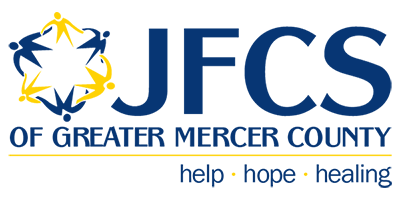
About 1 in 8 family caregivers live more than an hour’s drive from the recipient of the care. Whether you are in a different city, a different state, across the country, or across the globe, as caregiver you want to be there without always being there.
According to AARP, these are five steps to staying informed and effective as a long-distance caregiver.
- Establish Access
Caregiving often involves having the legal authority to make financial and healthcare related decisions. Having good information channels to accessing this information is crucial to a long distance caregiver. Try to arrange as much as possible during an in-person visit, when you can work with your loved one to locate, organize and fill out necessary paperwork such as a will, power of attorney and medical care plan.
- Create a Team
In the digital age, you can handle many important tasks remotely, such as paying bills and ordering prescriptions; however, you will need others to be your eyes, ears and sometimes hands on the ground. It is natural for long distance caregivers to feel guilty about delegating certain jobs to others, but do not try and do it all. Delegating regular check-ins and more hands-on care to nearby family, friends or professionals can be in the best interest of your loved one, especially in cased of serious or complicated health issues.
- Find a Local Coordinator
A local care manager can supply local knowledge and help with caregiving logistics. One option is to hire a reputable caregiving professional, also known as geriatric care manager, aging life care manager or eldercare navigator or coordinator. These professionals are often licensed nurses or social workers and can be valuable mediators or sounding boards when family members disagree on care decisions. A care manager can help make tough choices easier on the caregiver and care recipient – such as knowing when it is no longer safe for a loved one to live at home – by presenting an array of options from a knowledgeable, outside perspective.
- Stay in the Loop
Establish ways to communicate regularly with your local team and loved one, whether through organization apps, group emails or social tools like FaceTime and Skype.
- Make the Most of Visits
Nothing replaces an in-person visit. When you can manage one, come with a list of things you need to know or discuss.
How can JFCS help you to navigate these challenges?
If your loved one resides in Princeton, NJ or the surrounding Mercer County area, consider a membership in the award-winning Secure@Home program offerings through JFCS. Our Secure@Home team of highly skilled Senior Care Consultants provides a comprehensive umbrella of care management services to help older adults age comfortably, independently and safely in their own homes.
Membership includes a complete home assessment, care plan, 24-hour emergency telephone availability, “Chore Corps” volunteers and regular check-ins, preferred provider list and wellness lectures.
If you are concerned about your loved one, please call JFCS at 609-987-8100 and ask to speak to a Secure@Home representative.


